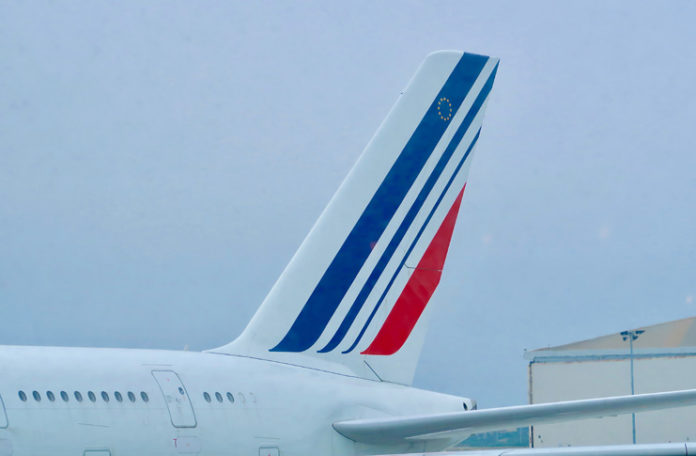
TravelingForMiles.com may receive commission from card issuers. Some or all of the card offers that appear on TravelingForMiles.com are from advertisers and may impact how and where card products appear on the site. TravelingForMiles.com does not include all card companies or all available card offers.
Some links to products and travel providers on this website will earn Traveling For Miles a commission that helps contribute to the running of the site – I’m very grateful to anyone who uses these links but their use is entirely optional. The compensation does not impact how and where products appear on this site and does not impact reviews that are published. For more details please see the advertising disclosure found at the bottom of every page.
The idea of legacy full-service airlines charging for checked baggage may have originated here in the US (thanks American!) but the practice is now global so, with fewer people than ever willing to pay to check their baggage, passengers all around the world are continually facing a battle to find somewhere to store their carry-on bags once they get onboard.
Air France is the latest airline to take steps to alleviate the overcrowding problem in its aircrafts’ overhead bins by announcing that it will begin fitting Safran Cabin’s newest ECOS luggage compartments to its A320 and A321 aircraft.
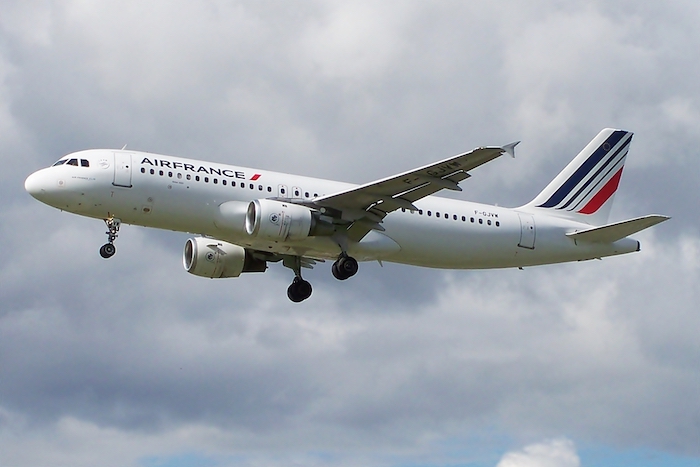
ECOS is an acronym that stands for “Efficient Cabin Open Space” but this isn’t a name that does a particularly good job of explaining why (or how) the new cabin baggage storage system works….but it’s actually very simple.
The ECOS system offers up to 60% more storage capacity than the current luggage racks found in most short-haul aircraft by being designed to fit rollaboards in a vertical rather than horizontal position.
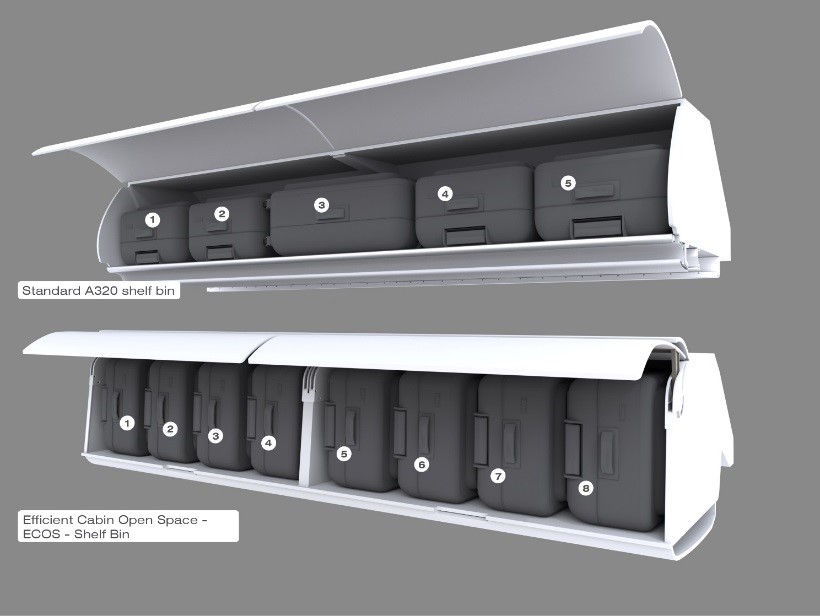 Per Air France, the new system…
Per Air France, the new system…
“…consists of new bins, ceiling and cove panels that provide a lower shelf height for ease of loading and visibility. The new luggage compartments are also equipped with easy to reach doors which do not encroach into the cabin aisle.”
Also per Air France: The new overhead bins are quick and easy to install as no aircraft modifications are required, and the airline says that it plans to equip its 40 A320s and 11 A321s with the new storage system between September 2020 and September 2022.
Thoughts
Ok, the first this to do is to acknowledge that this is a good move by Air France as the never-ending battles for overhard bin space are more than a little tedious – any efforts to create more space for passengers should be applauded.
Having said that, I’m going to have to call Air France out on a couple of things:
Air France is claiming to be the first airline to offer “these innovative luggage compartments” but, while that may well be technically true (no other airline has installed these specific overhead bins), Air France is definitely not the first airline to install a system of this type into its aircraft.
Back in 2015 Alaska Airlines announced that it would be fitting Boeing’s “Space Bins” into its new 737 aircraft and, as the image below will show, the idea behind the Space Bin, is very much the same as the idea behind Air France’s “new” ECOS bins.
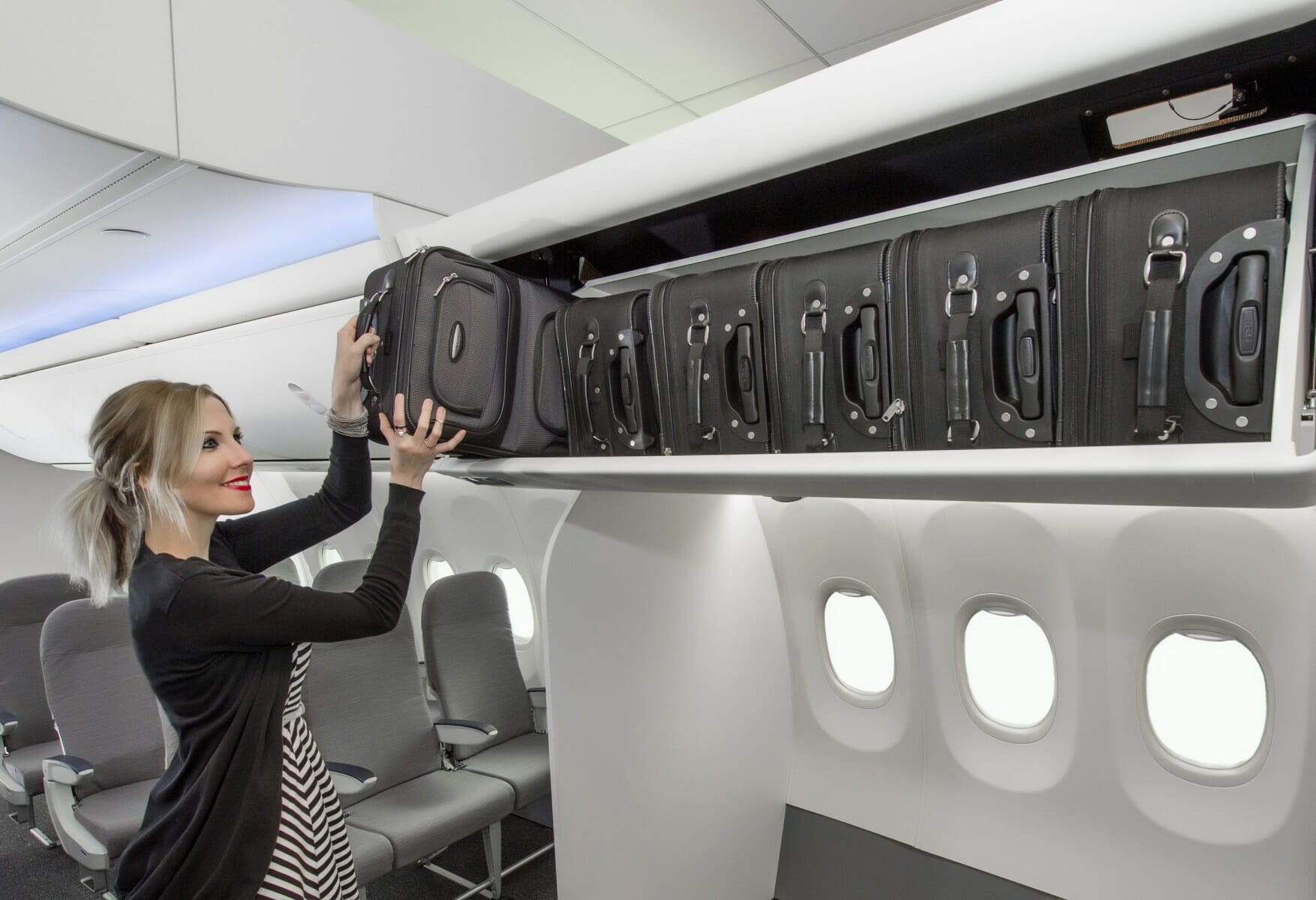
I’m reasonably sure that other airlines (possibly American?) have also been installing Boeing’s Space Bins onboard so this isn’t really an innovative move by the French Flag carrier.
Also, I can’t help but wonder why, if the ECOS system is so “simple and fast to install“, why Air France plans to take 2 years to retrofit these new bins into just 55 aircraft. Either Air France isn’t in any particular hurry to attend to the issue of overhead bin space or the ECOS system isn’t so easy to install after all.
Bottom Line
Overall this will be very good news for Air France’s short-haul passengers as a solution to the lack of onboard overhead bin space has been needed for a while and, although it is certainly not the first airline to attack the problem with the type of solution discussed above, I don’t see many other airlines clamoring to help passengers out.

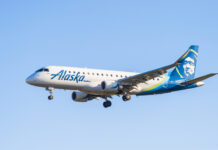
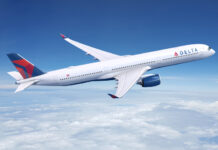

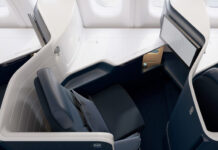
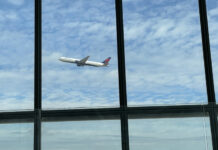


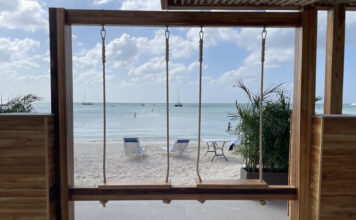
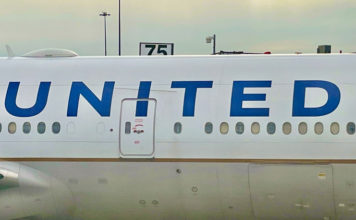




![Deal: Save up to 20% on Air France/KLM bookings [Targeted] a row of seats in a plane](https://travelingformiles.com/wp-content/uploads/2024/03/air-france-new-business-class-5-741-80x60.jpg)


[…] Travelling for Miles reported in 2015 that Boeing had just unveiled its new ‘Space Bin’ fitted on board an Alaska Airlines 737. The Space Bin is essentially a deeper version of Boeing’s Sky Interior Pivot Bin onboard standard 737s. […]